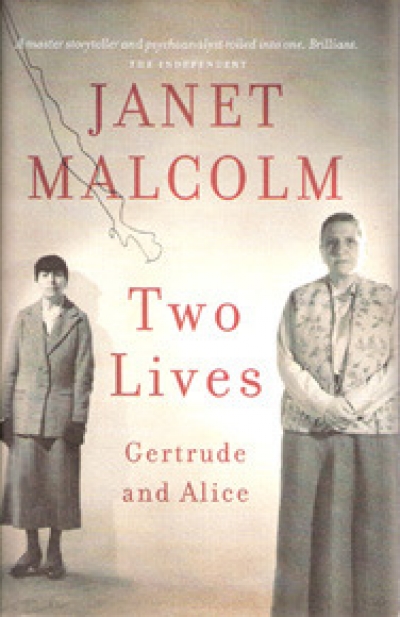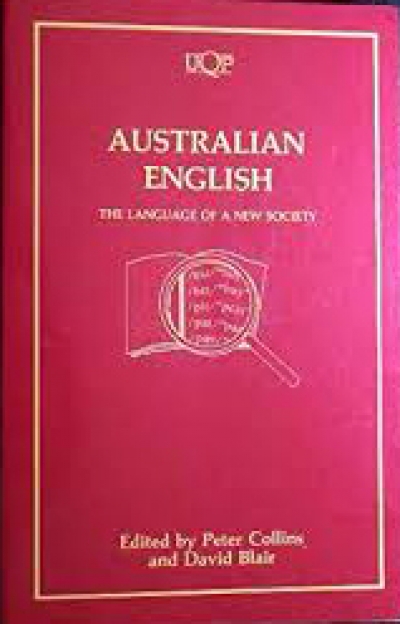Accessibility Tools
- Content scaling 100%
- Font size 100%
- Line height 100%
- Letter spacing 100%
Archive
Sir Ninian Stephen: A tribute edited by Timothy L.K. McCormack and Cheryl Saunders
by Tony Blackshield •
The Genius of Donald Friend: Drawings from the diaries 1942–1989 by Lou Klepac
by Alison Broinowski •
Not half as nice
Dear Editor,
Nothing jolts a writer like finding that her book has been read in serious discord with her intentions and produced the last effect she’d have wanted. Heather Neilson (ABR, October 2002) thinks I’m ‘preaching’ and condemning to outer darkness those who don’t agree with me. This is disquieting, but also salutary.
... (read more)Canberra Tales by Margaret Barbalet, Sara Dowse, Suzanne Edgar, Marian Eldridge, Marion Halligan, Dorothy Horsefield, Dorothy Johnston
by Margaret Whitlam •
Australian English: The language of a new society edited by Peter Collins And David Blair
by Chris Wallace-Crabbe •
The Oxford Companion to Australian Music edited by Warren Bebbington
by David Malouf •










